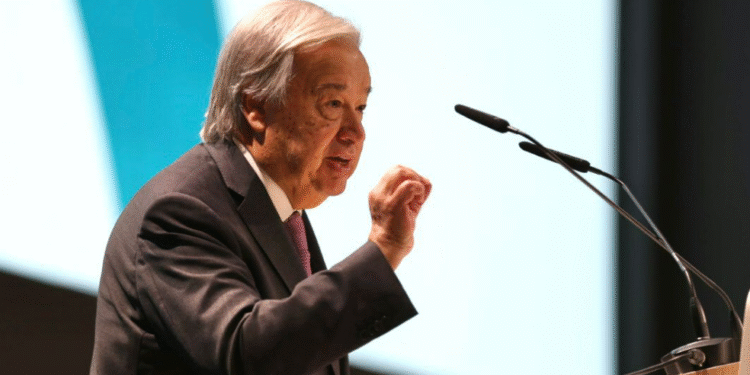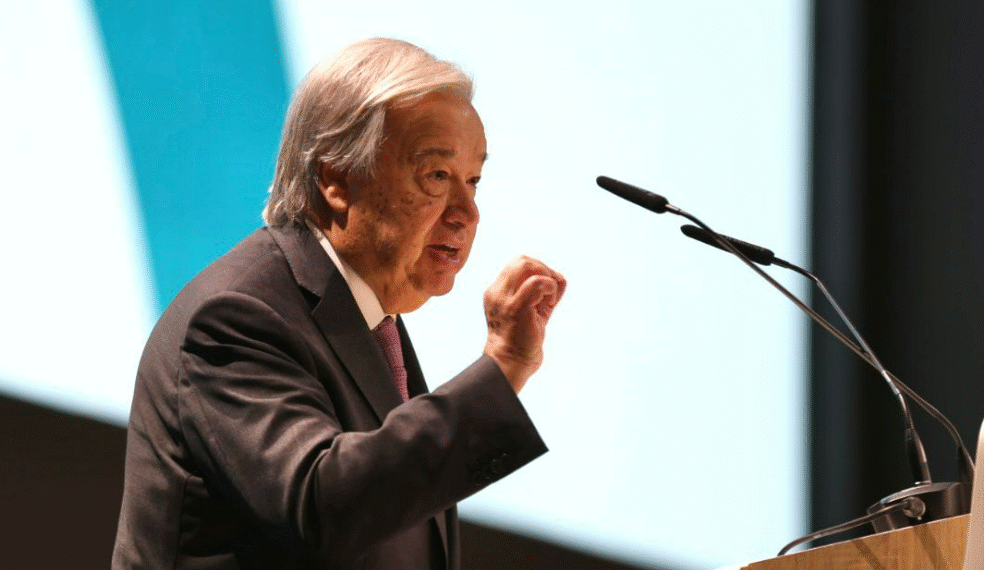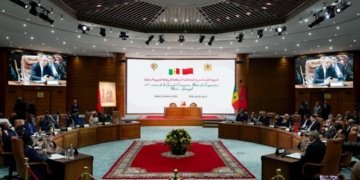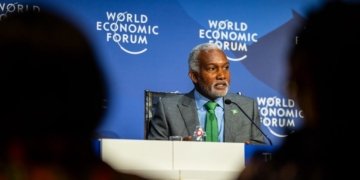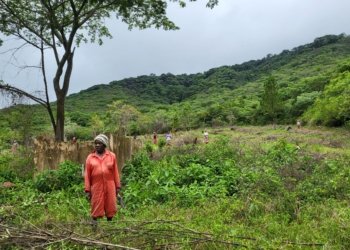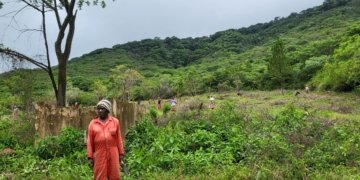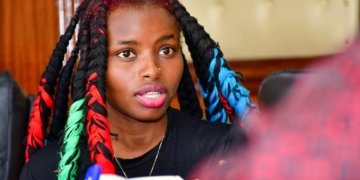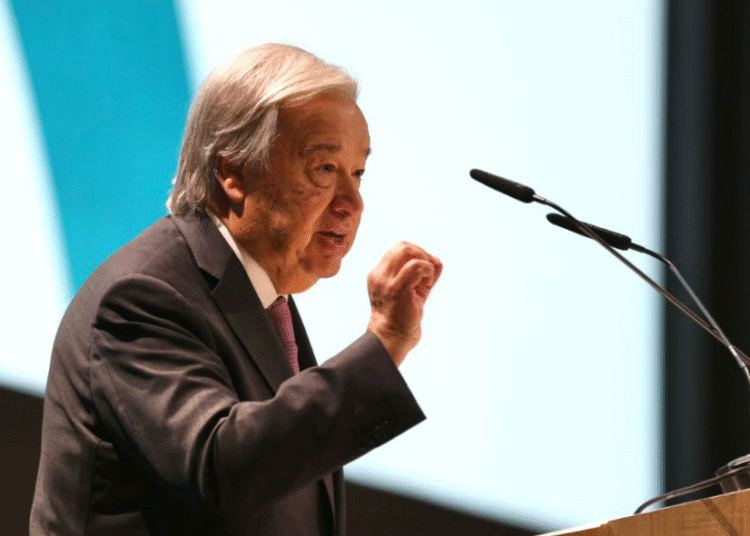JOHANNESBURG, South Africa (BG) – The United Nations Secretary-General António Guterres on Wednesday urged that Africa’s critical mineral resources be used to benefit Africans first, emphasizing the continent’s vital role in the global clean energy transition.
Speaking Wednesday in Johannesburg, South Africa, Guterres emphasized that these resources, vital for powering renewable energy technologies, must not follow historical exploitation patterns but drive equitable growth within African nations.
“We must ensure that Africa’s critical mineral resources — that can power the renewables revolution worldwide — benefit Africans first and most,” he said, urging global stakeholders to avoid repeating the mistakes of the past.
The Secretary-General made the remarks while addressing a meeting of G20 Sherpas and Finance Sherpas in Johannesburg.
The gathering comes after South Africa assumed the G20 Presidency on December 1, with its theme, “Solidarity, Equality, and Sustainability,” focusing on global justice and inclusivity.
Africa’s Role in the Renewables Revolution
Guterres highlighted the recently released recommendations from the UN Panel on Critical Energy Transition Minerals, co-chaired by South Africa and the European Union. The panel outlined principles for empowering African communities, enhancing accountability, and ensuring value-added growth in producing countries.
“Africa has the capacity to power the renewable energy revolution, but it is imperative that this transition prioritizes local communities and creates sustainable opportunities,” he said.
Advancing Financial and Climate Justice
Guterres underscored the importance of financial and climate justice as pillars for achieving global equity.
He urged the G20 to expand the capital and lending capacity of multilateral development banks, making them “bigger and bolder” to address global challenges.
He called for fairer representation of developing countries in international financial institutions, emphasizing that the global financial system must reflect the realities of today’s economy, not the outdated structures of 1945.
The Secretary-General also urged G20 members to fulfill commitments such as doubling adaptation finance by next year, contributing to the new Loss and Damage Fund, and fostering equitable energy transition partnerships like South Africa’s Just Energy Transition Partnership (JETP).
“These actions are essential not only for addressing global inequalities but also for mitigating climate-related impacts on vulnerable nations,” he added.
Technological Justice for Development
Highlighting the rapid advancement of technology, Guterres pressed for greater access to digital technologies and artificial intelligence for the developing world.
He cited the Global Digital Compact, endorsed at the UN Summit of the Future, as a framework for inclusive international governance of artificial intelligence and other technologies, ensuring all nations have a stake in the digital revolution.
“Technological justice is crucial for boosting prosperity, creating jobs, and achieving sustainable development,” he said, calling on the G20 to support capacity-building in developing countries.
South Africa’s Role as G20 President
South Africa’s Presidency of the G20 presents a unique opportunity to align global ambitions with the needs of developing nations, particularly in Africa, according to the South African Presidency.
In a tweet Wednesday, the Presidency said, “Discussions focused on enhancing collaboration between South Africa as the Presidency of the G20 and the UN to take forward discussions on accelerating reforms of the international financial architecture.”
Reforming Global Governance
Guterres reiterated the urgency of reforming global institutions, including the UN Security Council and international financial architecture, to better serve developing countries and promote sustainable development.
“The challenges we face — from climate change to poverty and hunger — are deeply rooted in historical injustices, particularly those suffered by Africa. Addressing them requires justice for Africa and Africans,” he said.
As the world navigates an era of unprecedented global challenges, the Secretary-General’s call underscores the critical role of African resources, leadership, and innovation in shaping a sustainable future.
The UN Chief’s visit, which includes attending bicentennial celebrations in Lesotho on Thursday, December 12, 2024, was confirmed in a statement from the South African Presidency.
